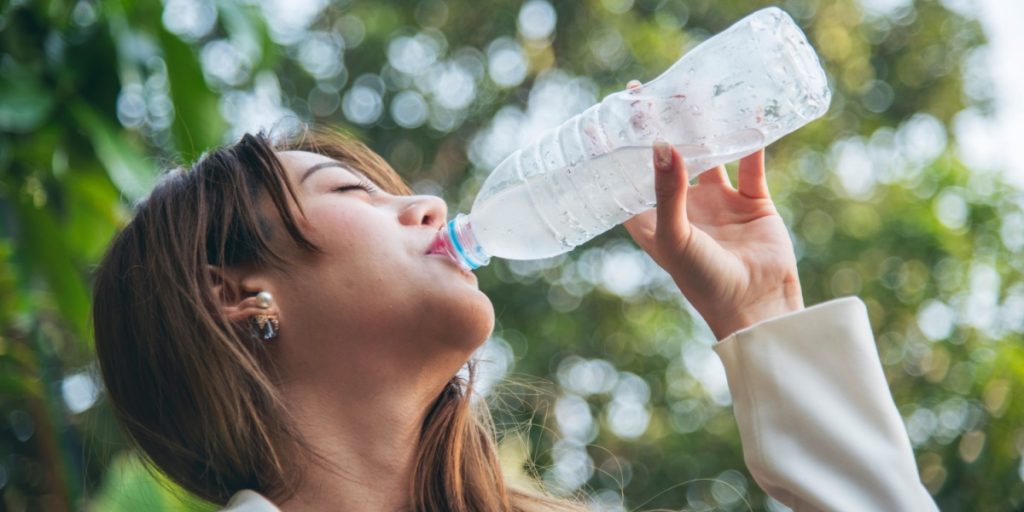Water bottles have become a cultural must-have, but do we really need to be sipping all day long? Here’s what’s fact, what’s hype—and how to hydrate smartly.
Others are reading now
If you’ve walked around any college campus or scrolled through social media lately, you’ve probably seen it too. Oversized, sticker-covered water bottles clutched like emotional support items.
Thanks to influencers and trends like “Watertok,” drinking water has become more than a habit—it’s a lifestyle.
But is all this hydration hype really necessary?
From Healthy Habit to Cultural Craze
The idea of drinking eight glasses of water a day has been around since the 1940s, but the push to hydrate skyrocketed with the rise of wellness culture in the ‘90s and 2000s.
Also read
According to a research paper by BBC, bottled water became a trendy, “clean” alternative to soda, and eventually, reusable bottles became both a health tool and a fashion statement.
But here’s the thing. Hydration has become more of a marketing win than a public health one.
Despite assumptions, bottled water isn’t always cleaner than tap, and it doesn’t take a Stanley Cup to stay healthy and refreshed.
What Water Actually Does
Water is vital. It regulates temperature, cushions joints, aids digestion, moves nutrients, and helps flush out waste.
When you’re short on fluids, early symptoms like tiredness, dry mouth, or headaches can show up. In severe cases, dehydration can lead to confusion or even heart problems.
But plain water isn’t your only option.
Unsweetened teas, low-fat milk, seltzers, and even coffee count toward your fluid intake. And while drinking water can help you feel full, it’s not a miracle weight-loss trick.
Can You Overdo It?
Yes, you can actually drink too much water.
It’s rare, but overhydration (called hyponatremia) can dilute sodium levels in your blood, which is dangerous.
Some endurance athletes and people with kidney or heart issues are more at risk, and recent hydration challenges online have led to hospital visits.
So, while sipping water throughout the day is generally healthy, chugging huge amounts “just to hit a number” isn’t wise.
How Much Do You Really Need?
Hydration needs vary.
The popular 8-cup-a-day advice is a starting point, but experts say most men should aim for about 13 cups and women for 9 cups of fluids daily—more if you’re active, live in a hot climate, or eat lots of salty or high-fiber foods.
A good way to tell if you’re getting enough?
Check your urine color. Pale yellow is great; dark yellow means you may need more fluids.
Hydration matters, but so does balance. Pay attention to your body, drink when you’re thirsty, and choose a water bottle that works for you—not just because it’s trending on TikTok.


